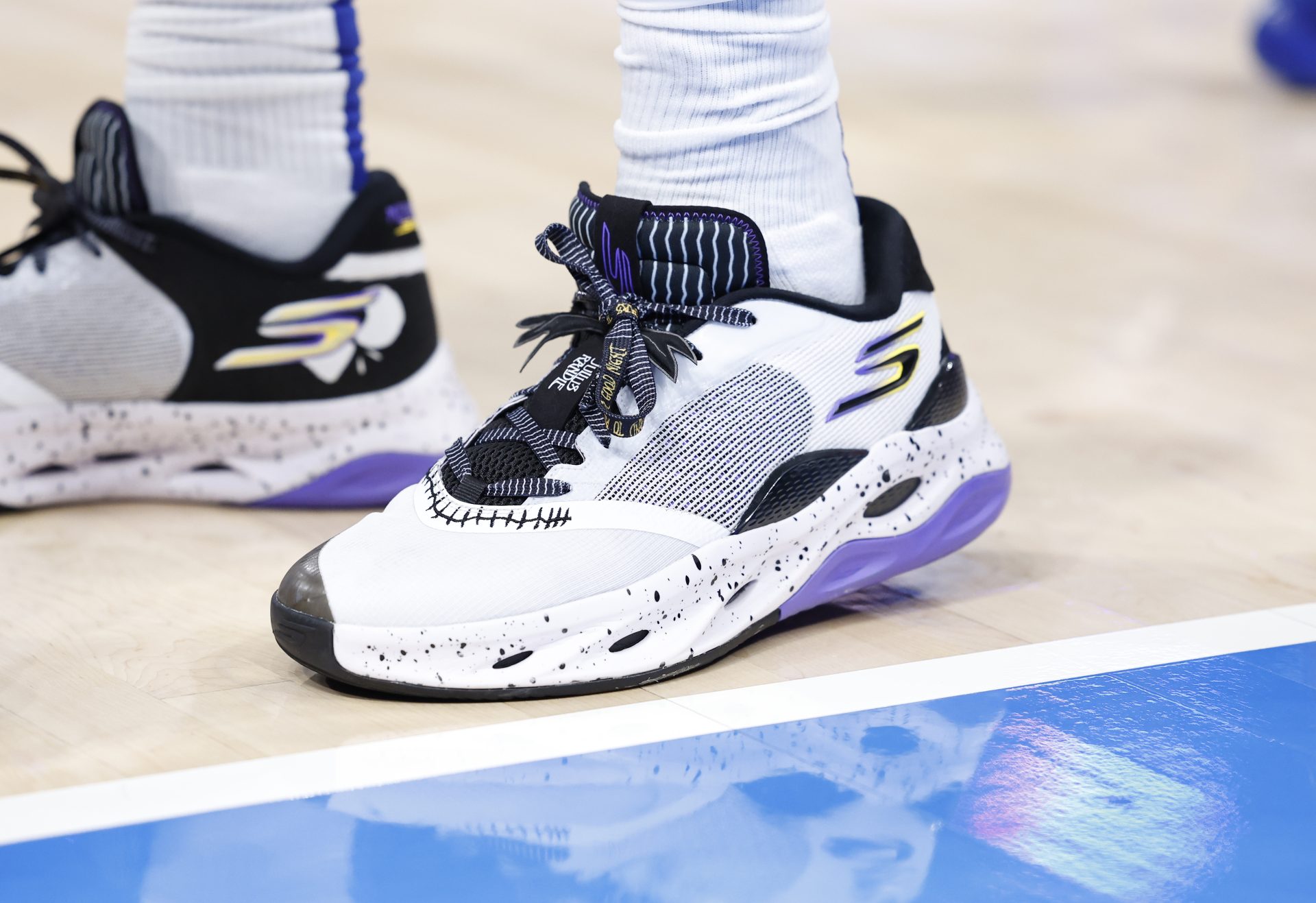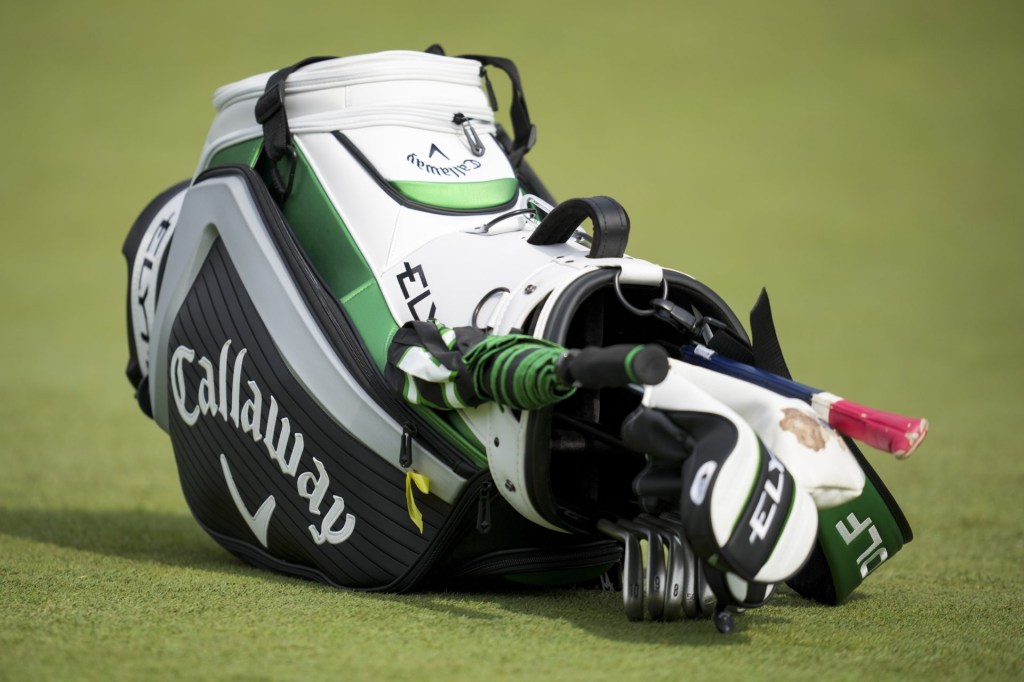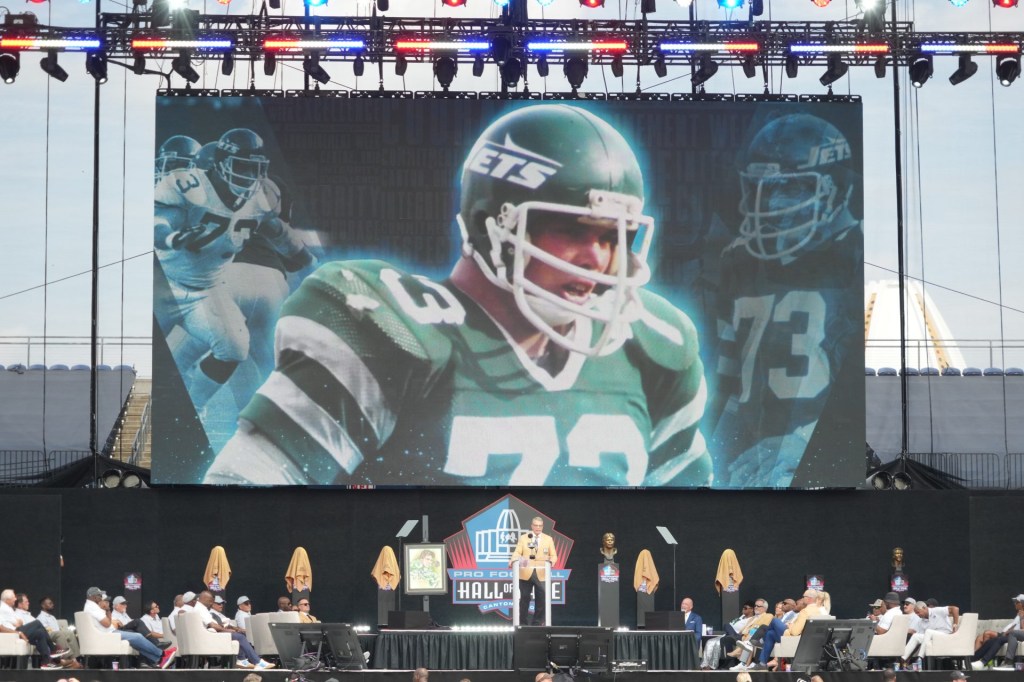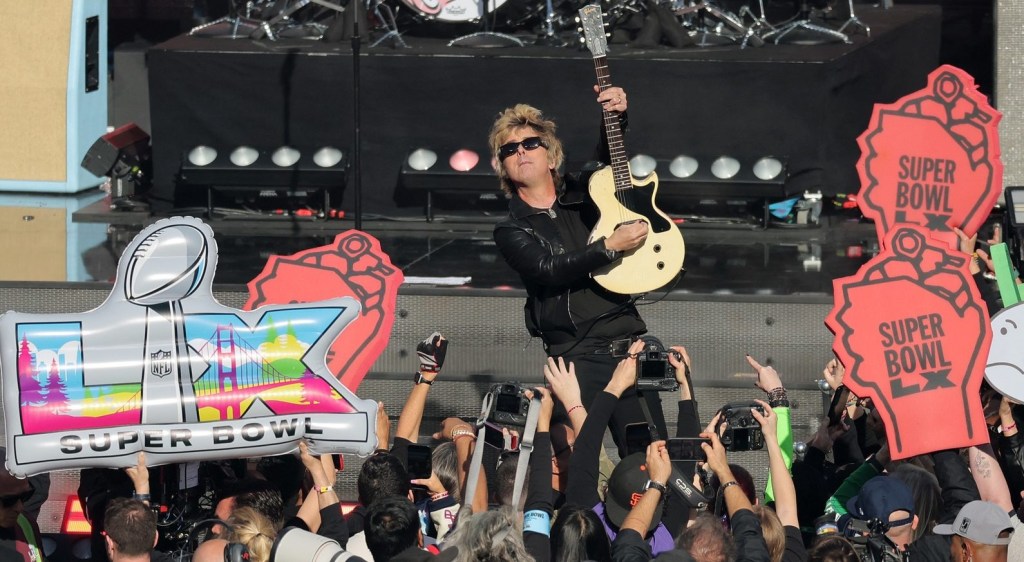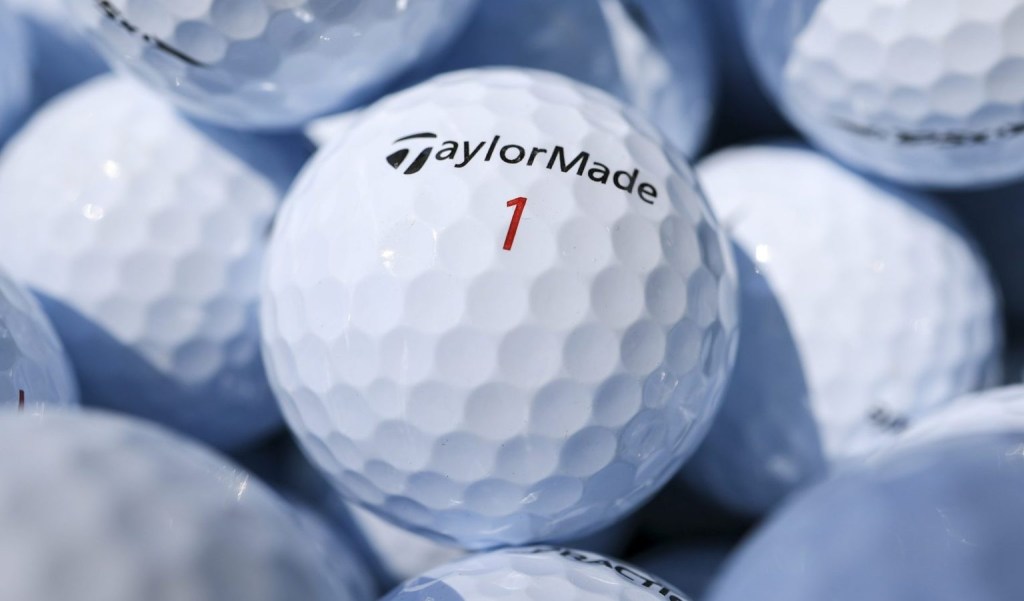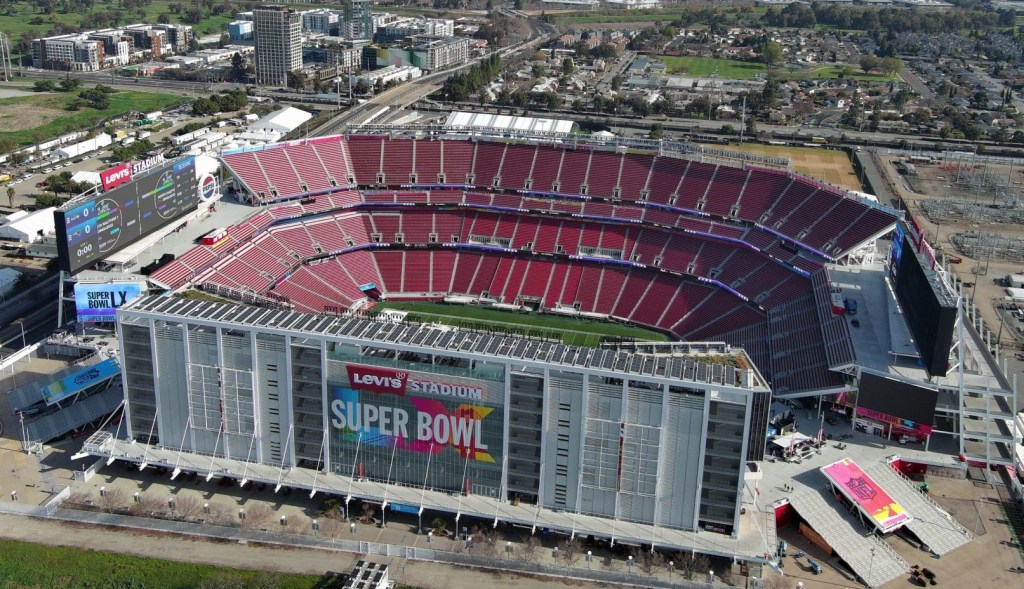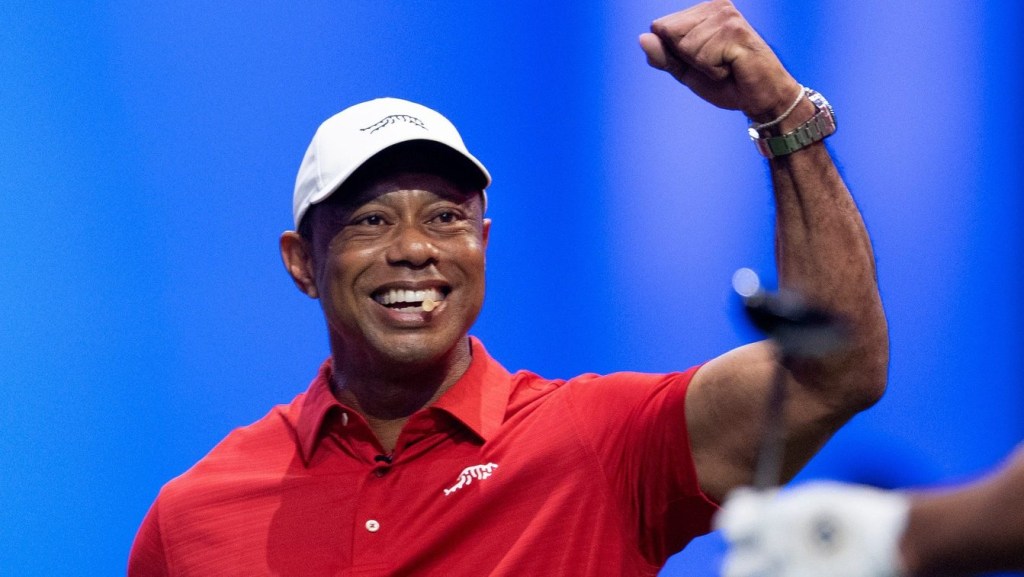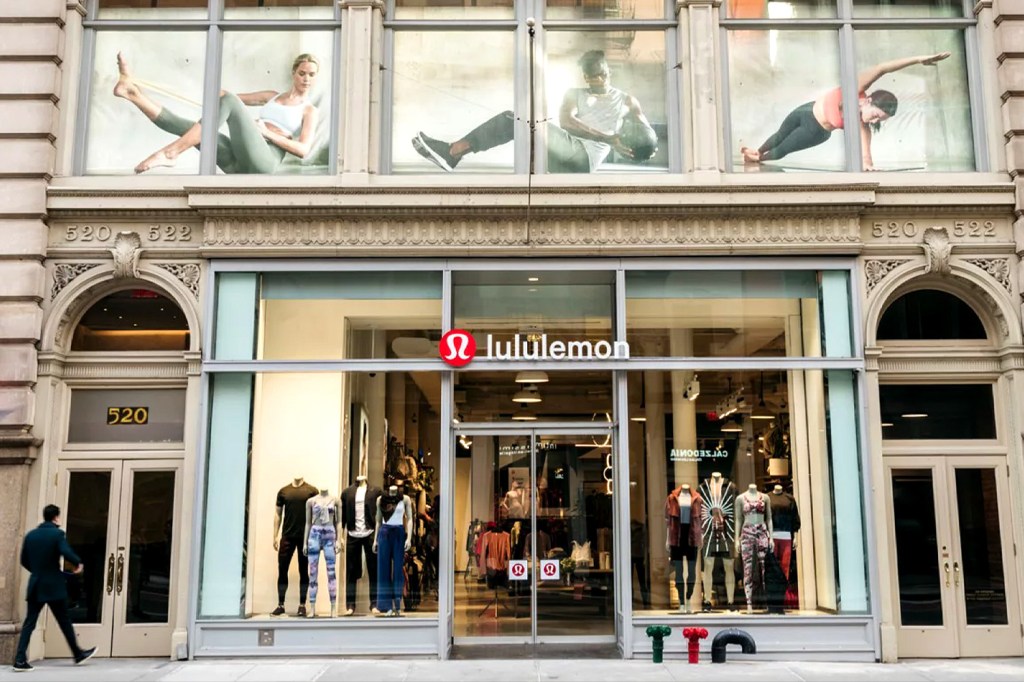Skechers is the latest company to pull full-year guidance because of broad economic uncertainty stemming from tariff policies.
In its first-quarter earnings announcement Thursday, the third-largest footwear company reported record quarterly sales of $2.41 billion, 7% higher than the year-ago period, but 16% lower sales in China.
More importantly, the company said that “due to macroeconomic uncertainty from global trade policies” it wasn’t providing financial guidance for the full year—which most companies do in their quarterly reports—and is withdrawing the guidance it gave for the previous quarter on Feb. 6.
Skechers joins a handful of other big names that have either pulled or lowered their forward-looking guidance. On April 9, ahead of an investor event, Walmart said it’s widening its first-quarter operating income growth range amid tariff uncertainty. (It will report Q1 earnings on May 15.) Delta pulled its financial forecast for 2025 and estimated profit for the current quarter to be below expectations, blaming stalled travel demand as sweeping U.S. tariffs fuel economic uncertainty. PepsiCo also lowered its outlook, citing a pullback in consumer spending and the impact from higher global tariffs.
Shares of apparel and footwear companies—including sportswear retailers like Nike and Under Armour—have taken a beating since President Donald Trump first announced tariffs on imports from dozens of countries on April 2. Vietnam, which was set to be hit with a 46% tariff, has become a dominant sourcing country for Nike, Adidas, On, and others, especially after Trump imposed hefty tariffs on Chinese imports during his first presidential term. On April 9 Trump announced a 90-day pause on all tariffs except for imports from China.
Most Skechers footwear is manufactured in China and Vietnam. Tariffs on goods imported from China are currently more than 100%.
Skechers moved to bring more inventory into the U.S. before the most recent tariff announcements, which is why the footwear brand noted it expects to start seeing tariff impact toward the end of the second quarter and “acute” impact in the third quarter.
But Wall Street analysts think things will turn out fine for Skechers, despite the tariff fallout. Here’s why: It generates almost two-thirds (about 66%) of revenues from outside the U.S.
On its earnings call, Skechers said its international business is “much less to minimally” impacted by tariffs and noted the vast majority of its markets performed well in the quarter and should trend similarly going forward. Wells Fargo analysts said in a note following the call that executives said demand was “extremely robust” and “almost hard to catch.”
Companies typically respond to tariffs by passing the increased cost to consumers, absorbing it, or negotiating with their suppliers. Skechers management said they’re not eager to raise prices, Morgan Stanley analysts wrote in a note that there’s opportunity to “spread price increases across the global footprint given Skechers’ uniquely high international revenue exposure.”
Although some analysts, including UBS, lowered their earnings estimates for 2025 and 2026, they say Skechers is well-equipped to weather a trade war. It’s able to diversify production “away from the highest cost countries over time as well as employ a host of other cost mitigation strategies,” UBS analysts wrote in a note. “We believe Skechers’ scale and diverse business mix across categories, geographies, and channels will help it adapt to the current environment better than its peers will, similar to what happened during the COVID era.”
On Thursday Adidas reported better-than-expected preliminary results for the first quarter, selling all its Yeezy inventory at the end of 2024. Adidas will publish full results April 29, at which point it may provide more insight on trade issues.
Shares of Skechers have dropped 16% since April 2, when Trump initially announced his broad set of tariffs. The S&P 500 index is down 2.5% over the same period.
Morgan Stanley analysts said the stock’s underperformance since then—and its 7% drop after market close Thursday following its earnings release—“is overdone considering its relatively favorable tariff, recession, and sportswear market positioning.”
